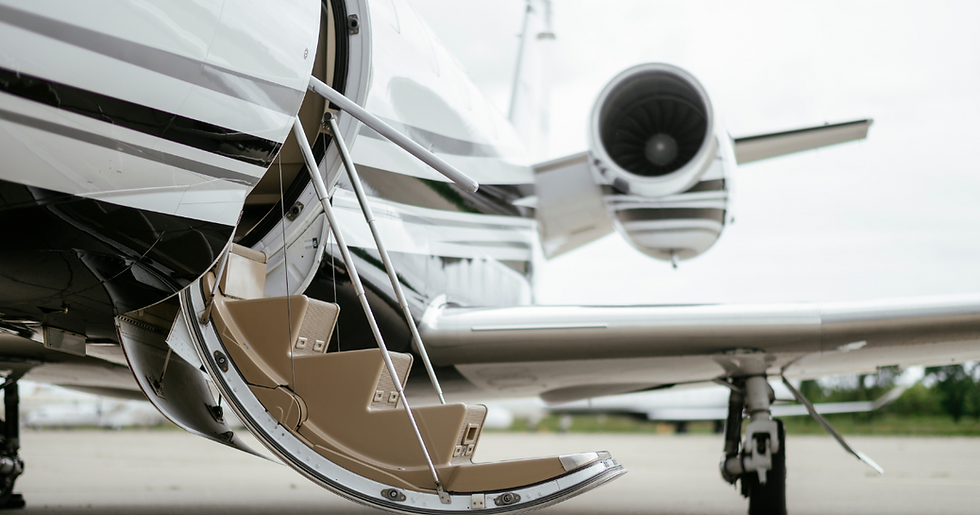Superyacht and Private Jet Tax Could Generate Billions

According to the European Business Aviation Association figures, the UK had the second-highest number of private flights in Europe last year, behind France.
In addition to heavy private jet use, the UK is home to a fleet of 450 superyachts owned by the country's ultra-wealthy, contributing to a massive carbon footprint.
Oxfam and US researchers recently analysed the luxury purchases and financial investments of 12 billionaires, disclosing that they account for almost 17 million tons of CO2 and equivalent greenhouse gas emissions annually. According to conversion data from the US Environmental Protection Agency, this is equivalent to the emissions from powering 2.1 million homes or from 4.6 coal-fired power plants over a year.
A study conducted last year by Green Alliance revealed a stark contrast: private jets release ten times more carbon per passenger on average than commercial flights, yet they often incur less tax than a car driver making the same journey. This disparity underscores the urgent need for policy changes in the taxation of luxury transport.
Natalie Shortall, a climate justice policy adviser for Oxfam UK, said: "While the super-rich continue to pollute at excessive rates, it is people living in poverty – in the UK and around the world – who have done the least to cause the climate crisis, who are suffering the most from its devastating impacts.

"Further steps to better tax extreme wealth are needed to accelerate climate action and fight inequality – increasing taxes on highly polluting luxuries such as private jets and superyachts is an obvious place for the government to start. These are the kind of commonsense solutions that are urgently needed to quickly and fairly reduce emissions and raise crucial climate finance – by making the biggest and richest polluters pay."
According to Oxfam's research, there could have been a potential raise of up to £830 million through a higher air passenger duty for private jets and a superyacht ownership tax last year. Additionally, an estimated £1.2 billion of extra revenue could be generated from taxing private jet fuel, charging VAT on private aviation, and imposing taxes on private jet landing and departure slots.
A Treasury spokesperson said: "We do not recognise these calculations. The Chancellor has been clear that difficult decisions lie ahead on spending, welfare and tax to fix the foundations of our economy and address the £22 billion hole the government has inherited. Decisions on how to do that will be taken at the Budget in the round."













Comments